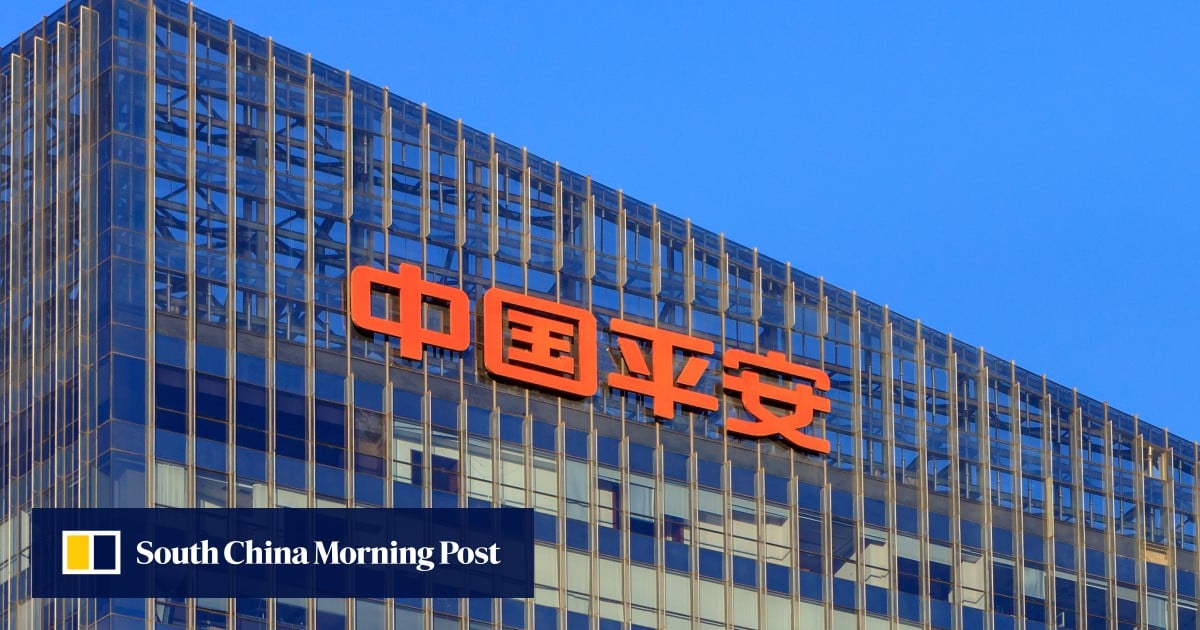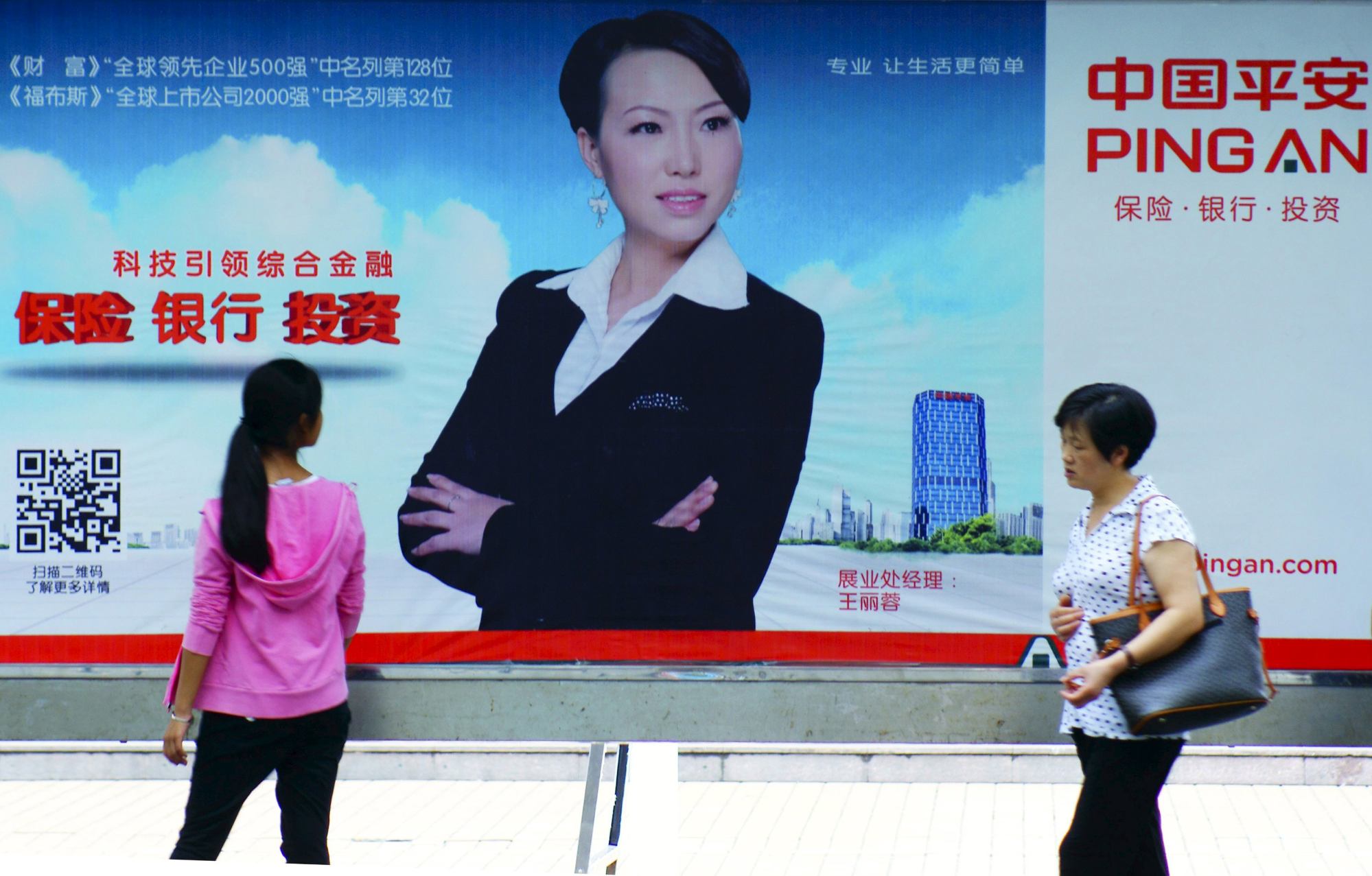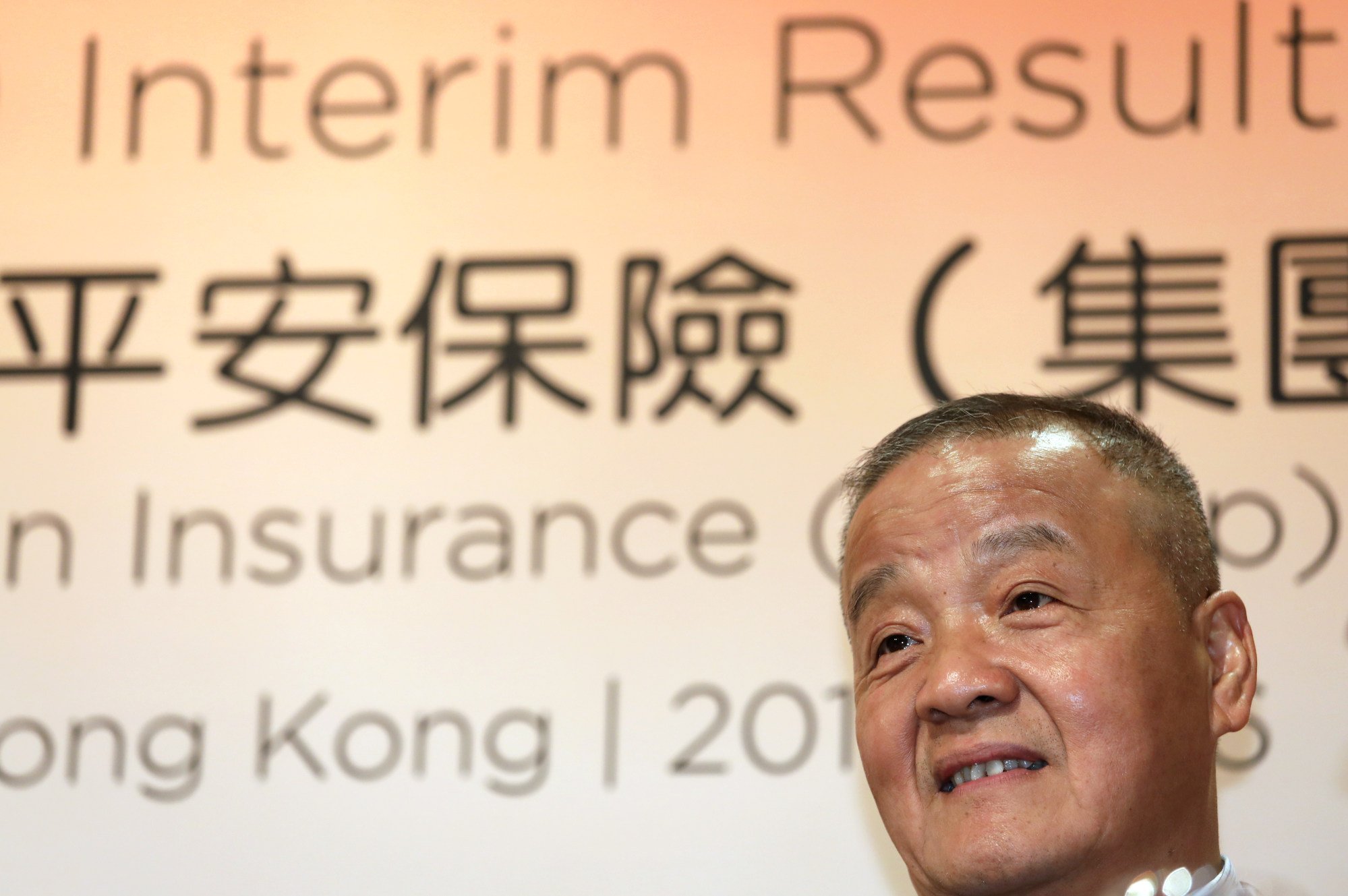
21 Mar Chinese insurance giant Ping An’s profit falls to 5-year low amid weakness in asset management, tech businesses
Its net profit fell 23 per cent year on year to 85.67 billion yuan (US$11.9 billion), according to a stock exchange filing made after the market closed in Hong Kong on Thursday. These are Ping An’s lowest earnings in five years, according to revised comparison data provided by the insurer, which has adopted new accounting standards.
Operating profit, which excludes one-off items and valuation changes in its investment portfolio, stood at 117.98 billion yuan, or 6.66 yuan per share, down 20 per cent from a year earlier. The operating profit is also Ping An’s lowest in five years.
“Looking ahead to 2024, we will pursue high-quality development despite challenges and difficulties,” chairman Peter Ma Mingzhe said in the exchange filing.
“We firmly believe that favourable conditions for China’s development outweigh unfavourable factors, and the essential long-term uptrend of the Chinese economy has not changed,” he said, adding that Ping An will continue to develop its three core businesses: insurance, technology and healthcare.

Ping An’s core insurance business remained solid, but was offset by losses in asset management and a weak technology business.
The value of its new business in life and health insurance on a like-for-like basis, a key measure of sales and future growth, rose by 36 per cent to 39.26 billion yuan. This increase was driven by strong sales of savings products, after its agents became more active in meeting clients after Covid-19 movement curbs were abolished.
On the downside, the Shenzhen-based firm said its asset-management business suffered a net loss of 19.52 billion yuan last year, against a gain of 3.8 billion yuan in 2022. Meanwhile, operating profit from its technology businesses fell 56 per cent to 2.98 billion yuan.
China’s Ping An Bank names 41 mainland developers in funding support list
China’s Ping An Bank names 41 mainland developers in funding support list
“Ping An’s core insurance business remains solid, but its investment and asset-management businesses were hit hard by the poor performance of the mainland stock markets,” said Tom Chan Pak-lam, permanent honorary president of the Institute of Securities Dealers.
Chan remains positive about the outlook for the insurer. “Ping An has a diversified business model with a wide range of businesses in insurance, banking, fintech and healthcare,” he said.
“Its result last year might have been affected by the stock market downturn, but it will be able to bounce back this year, as the mainland investment markets have improved thanks to government policies.”

Ping An had made the right move by developing its healthcare services, Chan added. “China has an ageing population, so the demand for healthcare and elderly care services will be huge, which will become its new growth engine,” he said.
Ping An said its property and casualty business recorded a 6.5 per cent increase in revenue to 313.46 billion yuan, but suffered an 11 per cent drop in profit to 8.96 billion yuan. Its banking arm recorded a 2 per cent gain to 46.46 billion yuan.
Ping An’s share price rose 2 per cent to HK$35.5 on Thursday. The stock, which carries a weighting of roughly 2.24 per cent weight in the city’s benchmark index, has risen 0.4 per cent year to date. The Hang Seng Index, in comparison, has dropped 1 per cent over the same period.
The firm will pay a final dividend of 1.5 yuan per share, bringing the total payout for the 2023 financial year to 2.43 yuan, versus 2.42 yuan per share in 2022.
